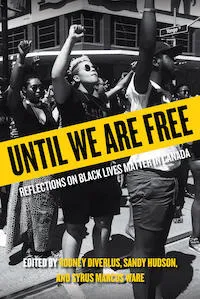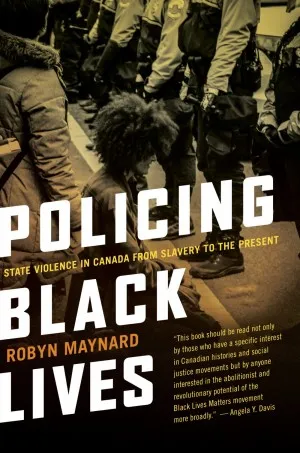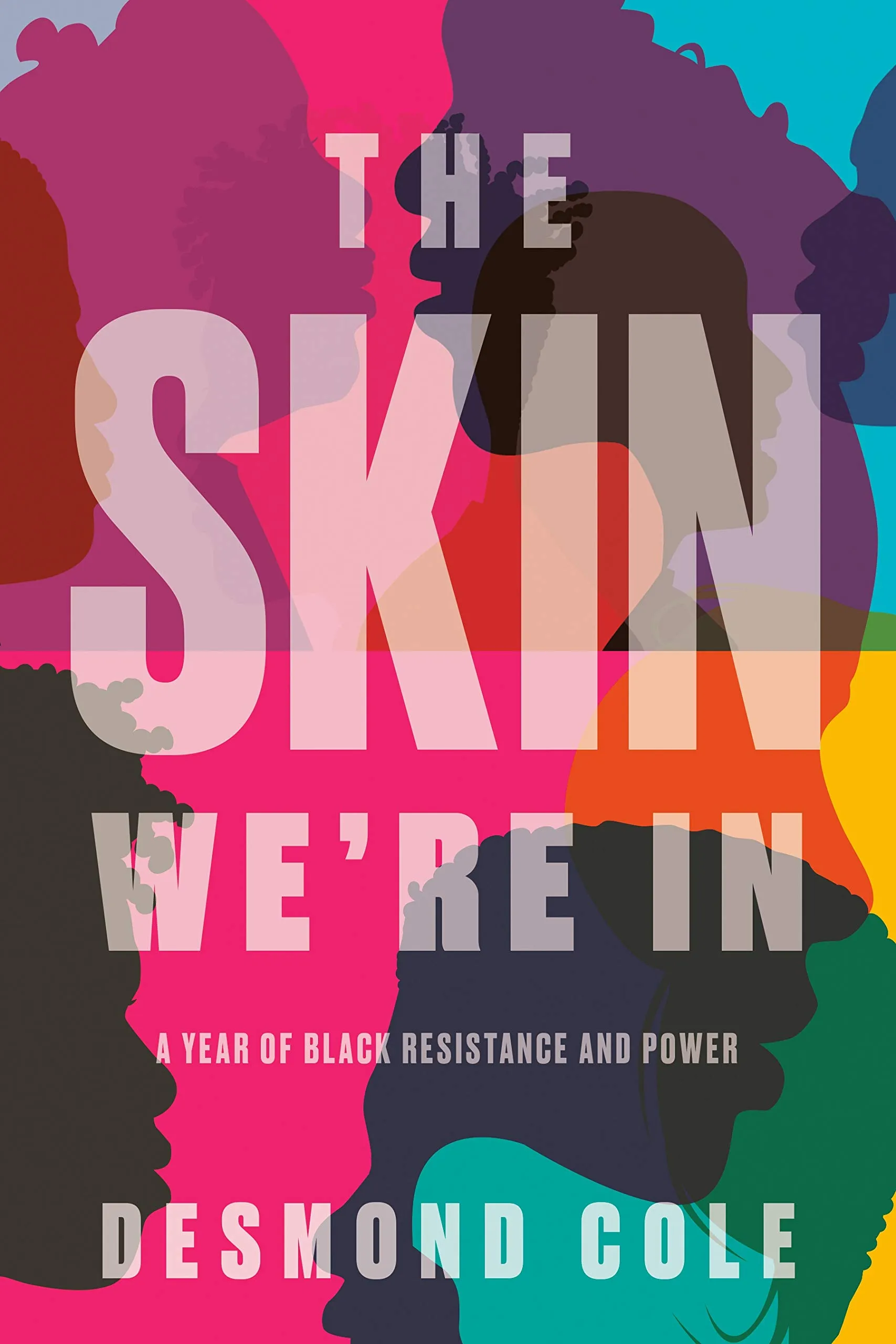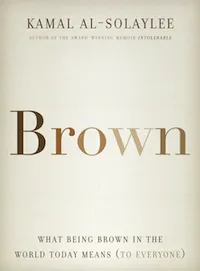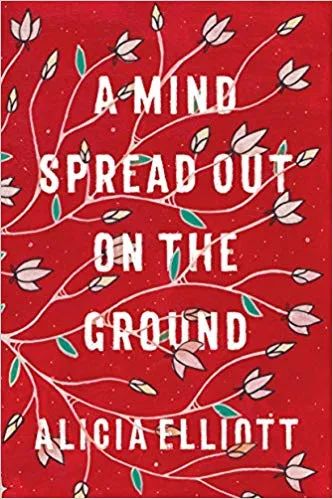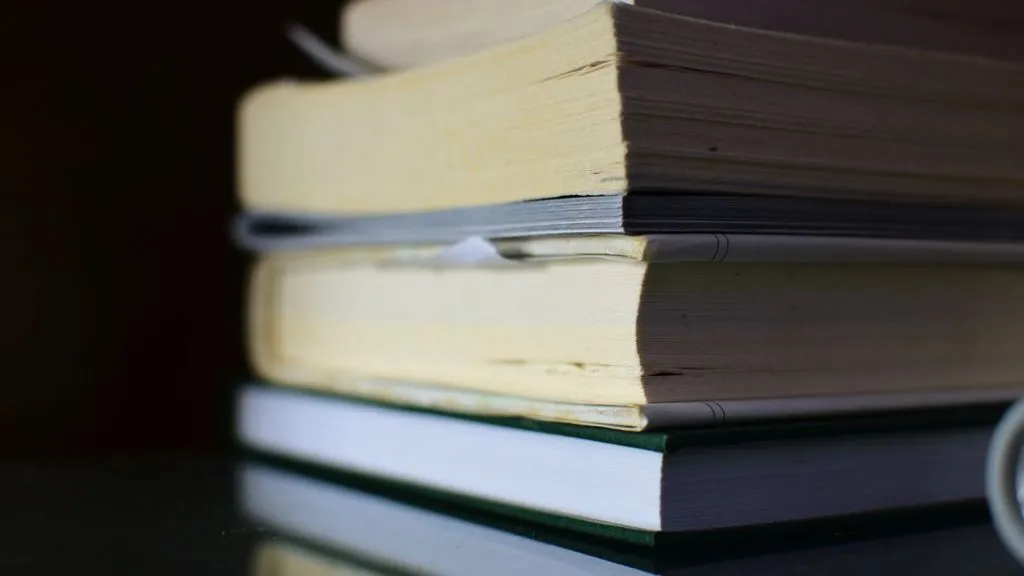
A #CancelCanadaDay Reading List to Learn about Colonialism and Racism in Canada
It has been a difficult few weeks in Canada, especially for Indigenous and Muslim communities. On May 27, the community Tk’emlúps te Secwépemc in British Columbia confirmed a truth that many Indigenous people across BC had spoken of for decades: that there was a gravesite at a former residential school near Kamloops. The remains of 215 children were found buried there. As communities came together in mourning for children whose deaths had never officially been recorded, calls grew for settlers to educate themselves about the true history of Canada.
Just a few days later, on June 6, a Muslim family in London, Ontario were the victims of a hate crime. A driver intentionally struck them as they were out for an evening walk, killing four members of the five-person family. Authorities have confirmed that the family was targeted because they were Muslim.
Many white settler Canadians think that racism does not exist here, or that it’s “not as bad” as it is in the United States. However, that is simply false. Canada as it exists now is a country founded by colonizers. Racism has been part of its story since those first colonizers arrived. In the wake of these recent tragedies, there are growing calls for Canadians to learn more about Indigenous history and the experiences of Canadian people of color. A movement called #CancelCanadaDay, led by Indigenous group Idle No More, urges communities across the country to cancel planned Canada Day celebrations on July 1 and make it a day of mourning, education, and activism.
In that spirit, here’s a #CancelCanadaDay reading list to learn more about Canada’s history, colonization, and the lived experiences of people of color in this country.
Nonfiction Books About Racism and Colonialism in Canada
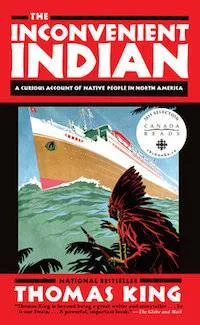
The Inconvenient Indian by Thomas King
This is the number one book I recommend everyone add to their #CancelCanadaDay reading list. Thomas King writes with wit and anger about what it means to be Indigenous in North America, covering treaties, historical figures, and stereotypes in pop culture and entertainment, all from his unique perspective as someone who is intimately familiar with both American and Canadian history and culture. King is of Cherokee, German, and Greek descent and has lived in both the United States and Canada.
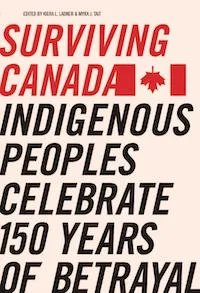
Surviving Canada: Indigenous Peoples Celebrate 150 Years of Betrayal Edited by Kiera L. Ladner and Myra Tait
This collection, published to coincide with Canada’s sesquicentennial four years ago, contains essays and reflections by elders, scholars, artists, and activists. The contributors cover a range of topics, from residential schools to Idle No More.
Until We Are Free, Edited by Rodney Diverlus, Sandy Hudson, and Syrus Marcus Ware
This collection of essays investigates issues facing Black communities in Canada. Looking at recent developments in Black activism in Canada, as well as how the Black Lives Matter movement spread to Canada, each essay in the book interrogates the assumption that Canada just “isn’t as bad” as the United States or that there isn’t racism here.
Policing Black Lives: State Violence in Canada From Slavery to the Present by Robyn Maynard
Journalist Robyn Maynard goes back to slavery to trace the roots of anti-Blackness in Canada. She investigates how the legacy of slavery (and yes, there was slavery in Canada) has infiltrated other systems, from policing to migrant labor to immigration. Maynard examines Black Canadian history with an intersectional feminist lens, exploring Black resistance as well as the realities of what it means to be Black in Canada.
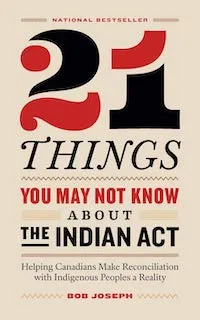
21 Things You May Not Know about the Indian Act by Bob Joseph
The Indian Act is an act of Parliament first passed in 1876 that is responsible for many of Canada’s racist and assimilationist policies toward Indigenous peoples. The Act set out many of the parameters for how the Canadian government approaches and interacts with Indigenous communities to this day. Joseph’s book is a guide to understanding how the Act works and the effects it’s had on generations of Indigenous people in Canada.
The Skin We’re In by Desmond Cole
In this frank look at modern Canada, Cole chronicles one year of Black resistance. The year is 2017, Canada’s sesquicentennial, which saw Indigenous activists protesting pipelines, the arrival of Black refugees leading to calls for immigration reform, people rushing to support a police officer accused of murder, and more. It was also a tumultuous year for Cole himself, whose involvement in the fight against carding in Toronto led to censure from his employer. Examining all of these events, Cole writes about systemic inequality across the country, proving that Canada is no post-racial utopia.
Brown: What Being Brown in the World Today Means by Kamal Al-Solaylee
This book by Canadian journalist Al-Solaylee looks at what it means to be brown and at the center of cultural debates around immigration, multiculturalism, and religion. Though the book features reporting from ten countries, and stories from people in the Philippines, Trinidad, Britain, Canada, Qatar, and more, Al-Solaylee also shares his own experience growing up as a brown-skinned person amid cultural images of success who were all white.
Books About Residential Schools in Canada
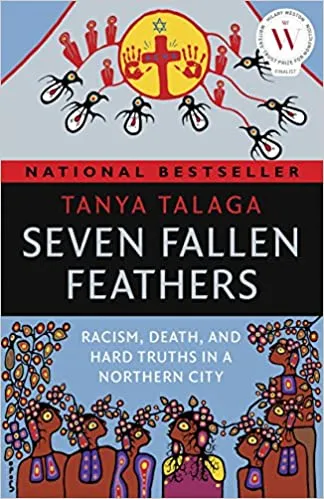
Seven Fallen Feathers by Tanya Talaga
At residential schools, Indigenous children were subject to physical and sexual abuse and made to stop speaking their languages in the name of being assimilated into settler society. Treatment was so harsh that many children died there or escaped but never returned home, as the recent discovery in Kamloops has proven all too clearly. The last of these residential schools closed as recently as 1996. However, many Indigenous children from communities in parts of northern Canada are still sent south as boarders because of a lack of high schools in their home communities. Talaga’s book tells the stories of seven of these students, all of whom died in tragic circumstances between 2000 and 2011, set against the backdrop of the history of Thunder Bay, Ontario.
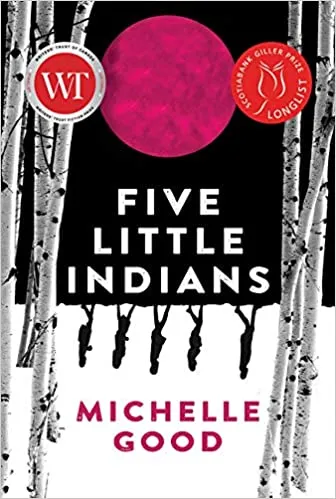
Five Little Indians by Michelle Good
Good’s novel won the 2020 Governor General’s Award for fiction. It tells the fictional stories of five residential school survivors as they try to survive in 1960s Vancouver. Some can’t escape their demons, others are drawn to political activism and parenthood, but their friendship unites them as the years go on. This novel, Good’s debut, was also recently optioned for TV.
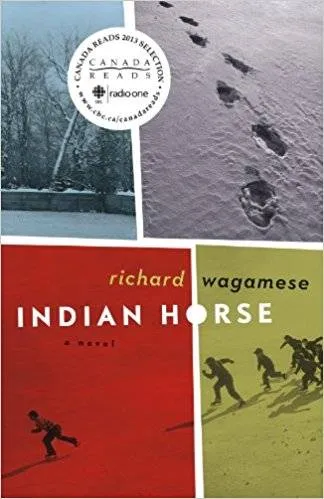
Indian Horse by Richard Wagamese
This novel about a former hockey player is compassionate, beautiful story by a beloved Canadian writer. Saul Indian Horse, an addict in an alcohol treatment center, is reluctant to face his past. Taken from his family to a residential school, for a time he found success as a hockey player but soon found himself facing racism and alienation. Only by understanding the full story of his life can he find peace again.
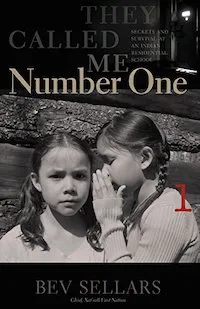
They Called Me Number One by Bev Sellars
As a child, Xat’sull Chief Bev Sellars was taken to a residential school. She also spent two years isolated in a tuberculosis hospital far from her home. Both experiences changed her forever. In this memoir, Sellars tells of her own experiences but also those of her mother and grandmother, who also attended residential school. She exposes the abuse to which students were subjected and how that trauma was passed down from generation to generation.
Memoirs and Essays by BIPOC Canadians
A Mind Spread Out on the Ground by Alicia Elliott
Alicia Elliott’s book of essays is a moving account of trauma and family legacy. Drawing on her personal experience growing up on a reserve in Ontario, Elliott, a Haudenosaunee writer, deftly weaves together topics like head lice, how First Nations writers are treated by the Canadian literary establishment, food insecurity, mental illness, and others in these wide-ranging essays about the treatment of Indigenous peoples in North America.
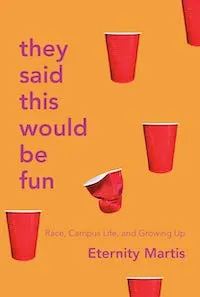
They Said This Would Be Fun by Eternity Martis
Eternity Martis thought heading off to university would be fun. But after growing up in Toronto, Martis was surprised to find she was one of the few Black students on campus at Western University in London, Ontario. Martis witnessed other students wearing blackface and experienced racial slurs, tokenization, and more — a far more complicated university experience than she’d bargained for. In this book, a mix of diligent reporting and personal stories, Martis explores how systemic racism affects racialized university students across Canada.
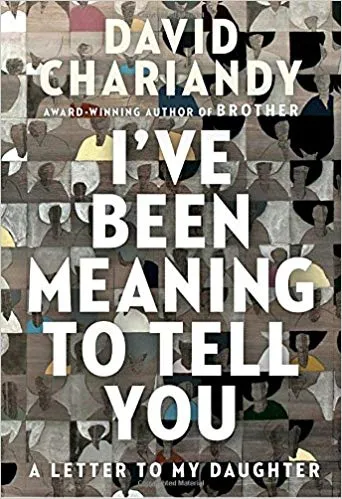
I’ve Been Meaning to Tell You by David Chariandy
Structured as a letter to his daughter, this book by award-winning novelist David Chariandy writes about how to talk about the politics of race. Chariandy, who has Black and South Asian heritage, uses his personal experience and family’s past to explore the legacy of racist systems like slavery and immigration. But he also has hopes for his daughter’s future, making this book a moving meditation on how change is possible.
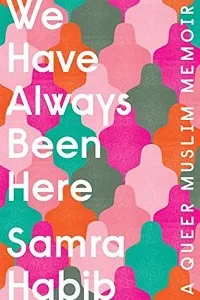
We Have Always Been Here by Samra Habib
This book, subtitled “A Queer Muslim Memoir,” chronicles Habib’s childhood in Pakistan, arrival in Canada as a refugee, and growing drive to find a safe space as a queer Muslim woman. Trying to find space for herself as the world tries to deny her right to exist proves challenging. But as Habib explores her faith, art, and sexuality, she learns how to be her truest self.
To start a #CancelCanadaDay reading list for children, make sure to check out the books on this list of picture books about residential schools. Looking to expand your own #CancelCanadaDay reading list? Check out this list of books by Indigenous writers in Canada, these five Muslim Canadian books, and this list of books by Black Canadians.



